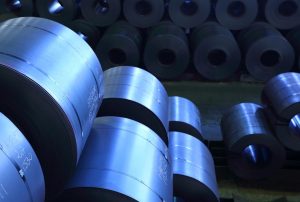
Sheet prices and demand tick upward
Sources in the domestic hot- and cold-rolled coil market said they are beginning to feel prices creeping up this week.

Sources in the domestic hot- and cold-rolled coil market said they are beginning to feel prices creeping up this week.

Trade for many of the sheet and plate products we follow has fallen to multi-year lows through December.

US hot-rolled coil prices are set to rise year on year in 2026, but the market will face heightened volatility as import flows recover and new domestic capacity comes online, CRU Research Principal Josh Spoores said at this year's Tampa Steel Conference.

With domestic steel prices rising steadily and mill lead times pushing out, import offers are becoming more attractive to US buyers.

Even folks who had been firmly in what I’ll call the “February peak” camp now seem to agree that sheet and plate prices could move higher for longer than they anticipated.

Sheet prices continue to grind higher on tight supply and 'okay' demand. Plate finally saw some movement after weeks of stability as price increases begin to stick.
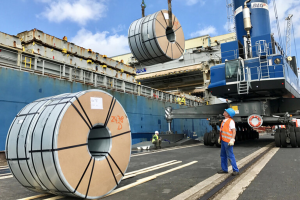
Steel imports slowed further in December and January to some of the lowest volumes recorded in recent years.

Participants in the domestic sheet market say they experienced lighter inquiries and fewer orders than in previous weeks, rendering domestic mill price increases for spot-market hot- and cold-rolled coils irrelevant.

Hot rolled and galvanized lead times are about half a week longer than they were three months ago, while production times for cold rolled, Galvalume, and plate products are one to two weeks longer.

Three of SMU’s price indices increased this week, while two remained steady, all holding at multi-month highs.

US service centers’ flat-rolled steel supply declined in January, after trending higher in December. Shipping days of supply slipped to 58.5 on an adjusted basis at the end of January, according to SMU data.

CRU: US Midwest sheet prices have continued to rise from our mid-January assessment.

SMU’s sheet price indices inched up to new multi-month highs this week, while plate prices held steady.
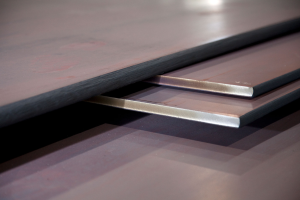
Plate market participants expect domestic producers to issue a $40-60 per short ton (st) price increase.

One third of the steel buyers responding to our market survey this week reported that domestic mills are negotiable on new spot order pricing. Mills began to hold a firmer stance on prices towards the end of last year, tightening their grip in early January and holding it since.

Steel mill lead times marginally declined on sheet products this week but edged higher on plate, according to responses from SMU’s latest market survey. Overall, lead times remain one to two weeks longer than levels seen three months ago.

Sheet market participants said conditions this week were more stable than in past weeks, but they remain cautiously optimistic overall.

Flat-rolled steel prices inched upward again this week as mixed demand appeared to be offset by limited supplies.

Steel imports remain weak in November and December according to recently released final US Commerce Department data. Many of the sheet and plate products we follow slipped to multi-year lows.

Participants in the hot- and cold-rolled coil markets said winter storms in the East and Midwest may disrupt weekly order volumes and prices.
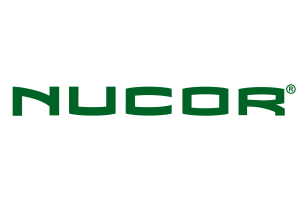
Nucor Chair and CEO Leon Topalian is bullish on the outlook for 2026. And noted that the Charlotte, NC-based steelmaker remains in the hunt for M&A opportunities.

Sheet prices mostly continued their uneven but steady march higher this week, according to SMU’s latest check of the market.

A report on the sheet market this week.

Lower finished steel imports continued to support US domestic prices this month. HR coil prices are up more than $40 per metric ton (mt) month-on-month (m/m) due to higher seasonal demand in January and tightening domestic supply.

Steel mill lead times held steady on most products this week following the surge seen in early January, according to responses from SMU’s latest market survey
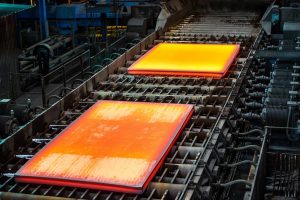
The plate market’s swell of optimistic sentiment marking the start of 2026 dissipated this week.

Just over a third of the steel buyers who responded to our market survey this week reported that domestic mills are willing to talk price to secure new spot orders.

Though they’re hopeful, domestic sheet market sources didn’t share a bullish outlook on the market this week.

SMU's steel market chatter this week.
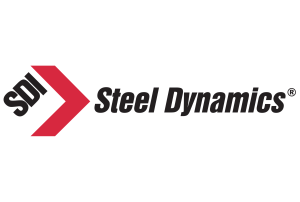
There was a fire at an electrical substation “near and owned by Steel Dynamics (Inc.’s) Southwest-Sinton Flat Roll Division,” according to a media report on Wednesday.